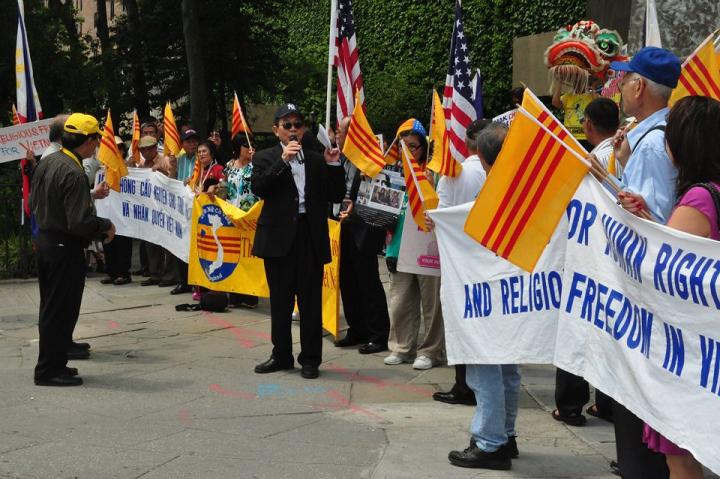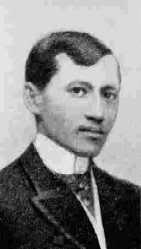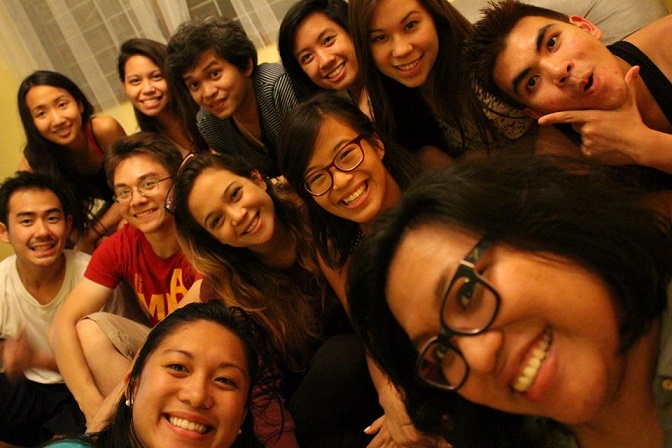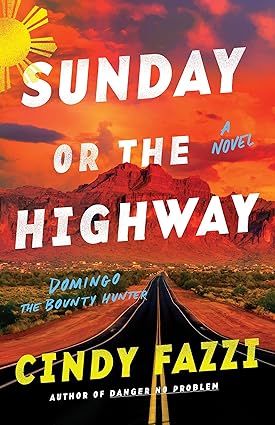Immigration and the Filipino bounty hunter
By Allen Gaborro
In her narrative, Cindy Fazzi uses the highly-topical theme of immigrants and immigration to the United States. She did so in order to compose what she doubtlessly hoped would be the makings of a riveting drawing of life in America. This is the life of those eager-minded arrivals from the Philippines and elsewhere. Their motives and actions quickly run into the demanding gospel of the American vision.
“Sunday” is essentially a sequel to Fazzi’s 2023 “Multo” which was curiously rechristened the presumably more stateside-sounding “Danger No Problem.” Whatever the underlying reasons for the change in title, Fazzi reconjures the figure of Domingo, a Filipino American fugitive recovery agent (i.e. bounty hunter) who was first introduced to her audience in what was originally “Multo.”
In Fazzi’s second installation of the continuing tale of Domingo the immigration bounty hunter, we read that a takeout food chief executive officer, Tessa Woodridge, has engaged his services in finding the parents of her lover Julian Alondra. Tessa and Julian share a dramatic past going back to when they were very young, so she wants Domingo to ascertain the veracity of Julian’s life since then.
As is par for the course for what are merchandised as emotionally-charged stories, such as “Sunday” is, dark themes are contemplated and propped up by the human nature of some of Fazzi’s dramatis personae. Deception is spliced with homicide and treachery, not to mention with the looming involvement of law enforcement institutions (ICE to name one).
To contextualize Fazzi’s scheme of things in putting pen to paper: she tacitly demands space as an inquiring mind into the hot-button, real world of immigration. Following that line, the American zeitgeist of the times is a near-perfect fit with “Sunday’s” umbrella subject-matter of immigration, both legal and illegal.
As an immigrant herself, Fazzi gives other immigrants a sympathetic look as is reflected in her leading man Domingo. Despite his occupation as an immigrant bounty hunter, Domingo (a former immigrant in his own right) tries to get the clearest view he can of the intricacy and predicament that undocumented immigrants go through to attain a better life in America. These hopefuls from abroad are human beings after all and no one more than Domingo understands that.
Fazzi also approaches the sprawling U.S. immigration system as moth-eaten, inefficient, and unjust. Again, Domingo is the medium that Fazzi relays her sobering observation of what is becoming an increasingly-draconian network under Donald Trump.
“Sunday” is a meritorious act of awakening us to the raw memories, the fears and anxieties and dreams, and the social consciences and consciousnesses of its characters.
This is all well and good conceptually. But in practice, what Fazzi cannot seem to escape from is a habitually matter-of-fact writing style and bland immediacy in her storyline. This largely precludes meaningful subtleties and meditative depth from fully developing.
Further beset by a wavering tempo and a monotonously cut-and-dried literary feel, what might have been an engrossing and imperishable tale is reduced to a mediocre work of fiction, valued only for its social and cultural relevance.













